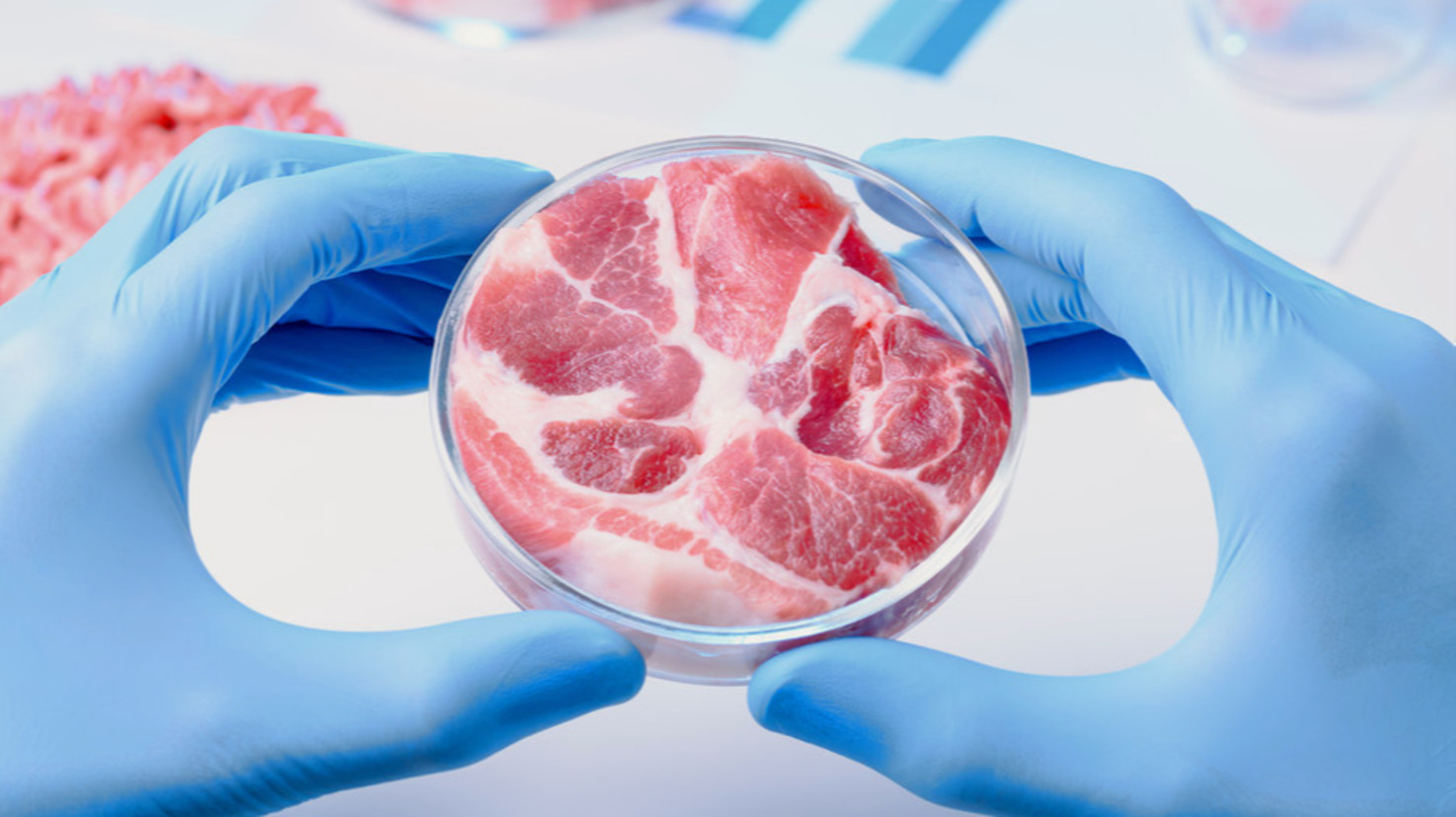Spanish government invests €5.2 million in cultured meat project

The Spanish government is to invest in a €5.2 million cultured meat project led by BioTech Foods.
The project was selected by the Spanish Centre for the Development of Industrial Technology (CDTI), which supports R&D projects of Spanish companies. San Sebastián-based BioTech Foods is a Spanish biotechnology company dedicated to the development of cultured meat from the cultivation of muscle cells previously extracted from animals.
According to the company, cultivated meat is positioned as one of the greatest innovations of our century, integrating food safety, animal welfare and sustainability in a unique product aimed at all types of consumers.
“The general objective of the CULTUREDMEAT project is to investigate meat produced from cellular agriculture that, together with the development of healthy fats and functional ingredients, allows the obtaining of meat products for the prevention of colon cancer and dyslipidemia (increased concentration of cholesterol and lipids in the blood),” it said.
The production of cultivated meat has aroused great interest in the industry and many players are working on this meat of the future that reduces the environmental impact and protects the welfare of the animals.
Supporters of the nascent cultivated (or cultured or lab-grown) meat sector believe it could help overcome the ethical and environmental issues of animal agriculture, while still allowing consumers to enjoy eating meat.
But the biggest challenge for the sector at the moment is the industrial scale that allows producing sufficient volumes for commercialization.
And while the cultivated or cell-based meat sector also promises to end the environmental and health problems associated with traditional meat, there are questions about the sector’s the potential high energy use and associated carbon emissions.
Neither is there a consenus regarding are its health claims. Studies have speculated on the potential health benefits and drawbacks of cultured meat.
One study concluded: “Unlike conventional meat, cultured muscle cells may be safer, without any adjacent digestive organs. On the other hand, with this high level of cell multiplication, some dysregulation is likely as happens in cancer cells. Likewise, the control of its nutritional composition is still unclear, especially for micronutrients and iron.”
According to the CULTUREDMEAT project, consumption of red meat is associated with major diseases in western countries such as colon cancer and dyslipidemia. In Spain, specifically colon cancer is the most common in the population taking into account both sexes, it said. “Research on functional ingredients that can help prevent these diet-related diseases of high social impact is therefore very relevant.
The project will work on healthy lipids that are incorporated in the preparation of the final consumer product (hamburger, sausage, etc.). Reducing consumer exposure to saturated fat could potentially prevent colon cancer and dyslipidemia.” The project includes seven other entities: Argal, Martínez Somalo, DMC Research, BDI Biotech, Neoalgae, BTSA and Agrowingdata. The consortium also has the collaboration of 10 research organizations: CTIC CITA; Oviedo University; Autonomous University of Madrid – FUAM; TECNALIA; Barcelona Science Park; University of Seville – FIUS; VICOMTECH; University of Granada; BIODONOSTIA and CIC BIOMAGUNE.
Read also
Wheat in Southern Brazil Impacted by Dry Weather and Frosts
Oilseed Industry. Leaders and Strategies in the Times of a Great Change
Black Sea & Danube Region: Oilseed and Vegoil Markets Within Ongoing Transfor...
Serbia. The drought will cause extremely high losses for farmers this year
2023/24 Safrinha Corn in Brazil 91% Harvested
Write to us
Our manager will contact you soon



